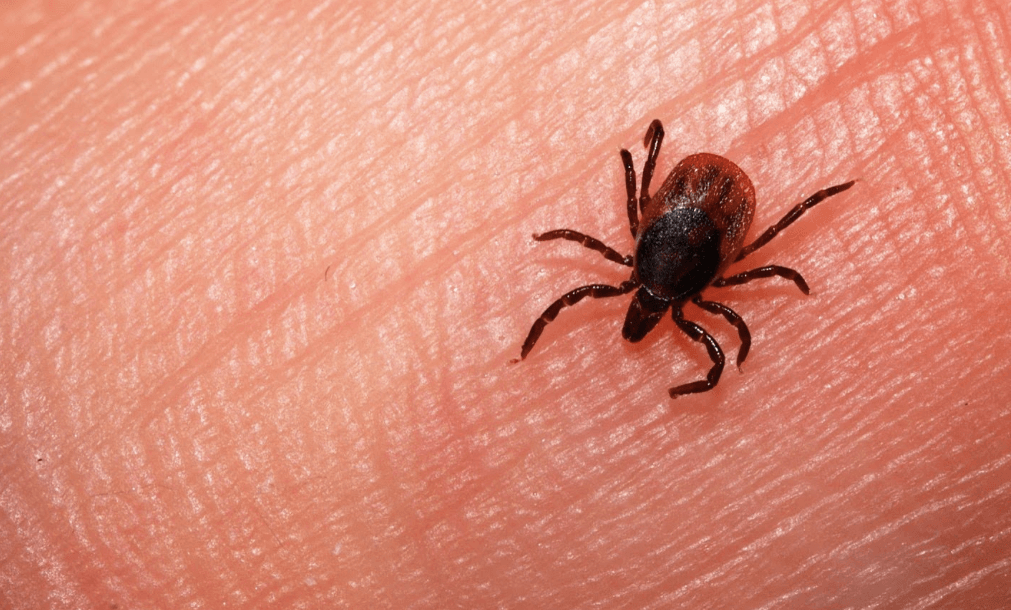NEWPORT — As more Vermonters venture outside to enjoy warming weather, state officials are reminding hikers, hunters, and others to be tick smart while fishing, turkey hunting, or watching birds.
According to researchers at the Cary Institute of Ecosystem Studies in Millbrook, N.Y., the month of May is heralding a particularly risky year for Lyme disease and other tickborne illnesses. And the Vermont Department of Health reports that annual cases of Lyme disease continue to rise in Vermont.
“Many activities that Vermonters engage in this time of year can put them in the path of disease-carrying ticks,” said Tom Rogers of the Vermont Fish & Wildlife Department. “Spending time wading through high grass and brush, or sitting still along the edges of fields and forests, you can easily pick up a tick. Gardeners and landscapers also spend time working along forest edges, mowing grass, or cutting brush, where ticks are common.”
A few simple precautions can help reduce your risk of tick bites and make your time outdoors more rewarding, Rogers notes. He suggests when going outside for an extended time that residents follow these tips:
REPEL: Before you go outside, apply an EPA-registered insect repellent on your skin and treat your clothes with permethrin. When possible, wear light-colored long sleeved shirts and long pants, and tuck your pants into your socks to keep ticks from your skin.
INSPECT: Do daily tick checks on yourself, your children and pets.
REMOVE: Remove ticks right away. Showering within two hours of coming indoors has also been proven effective in washing ticks off the skin before they attach. Put clothing in the dryer on hot heat for 10 minutes to kill remaining ticks.
WATCH: If you were bitten by a tick, watch for signs of disease during the weeks following the bite. Call your health care provider if you experience symptoms such as fever, muscle aches, fatigue, or joint pain.


